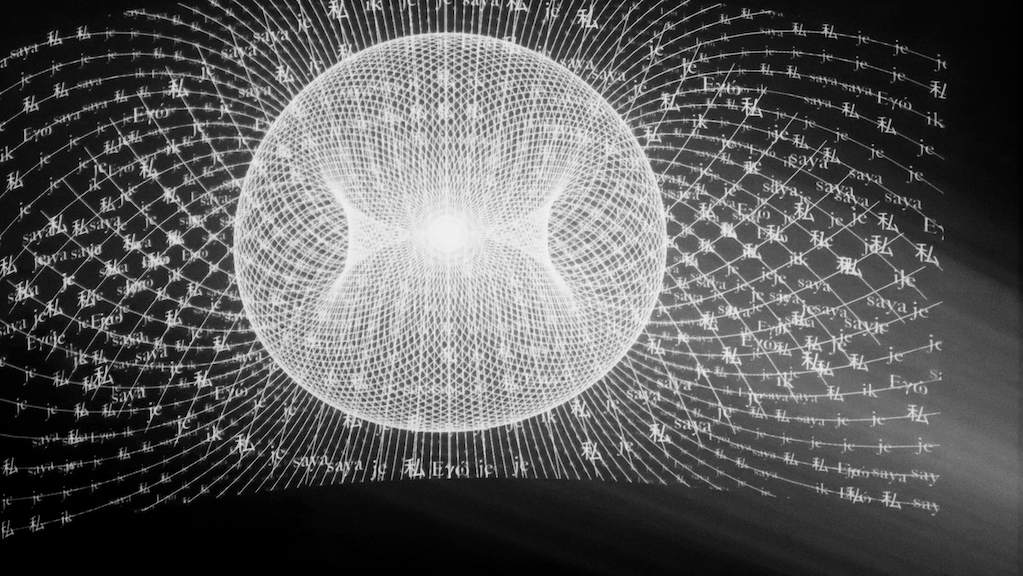Published
Fri, Nov 18, 2022, 13:30
- We spoke with Aida, Deniz Tafaghodi and others about the challenges facing Iranian artists in 2022.

The Iranian government's authoritarian response to recent protests is having a profound impact on electronic music artists at home and abroad.
The current unrest across Iran, sparked by the death of 22-year-old Kurdish woman Mahsa Amini in police custody on September 14th, has led to an estimated 15,900 people, including minors, being arrested and detained. The UN has called for an investigation into "all human rights violations leading up to and since the death of Mahsa Amini."
One of those detained was Kurdish rapper Saman Yasin, who was arrested at home on October 2nd and later sentenced to death for publicly supporting the protests in his music and on social media. He was charged with moharebeh—waging war against God. Thousands of people have signed a petition calling for his release.
Outside of Iran, roughly 80,000 people joined a demonstration in Berlin last month in support of the protests. "Women and young people leading this movement with the slogan 'women, life, freedom' have nothing else to lose and they aren't going to give up until they have their freedom," Roya, a musician who runs a PR and management agency in Berlin, told RA. "It's also really important to understand this has nothing to do with Islamophobia; it's to do with basic human rights."
Roya, who lived in Iran until she was 12, said musicians have been affected "since day one of the Islamic regime—we had to put our instruments in a potato or rice sack so the guards wouldn't break them."
Due to government-orchestrated internet blackouts inside Iran, people abroad "really have to be the voice of Iranians fighting for freedom," Roya added. Many Iranian artists living abroad have stopped promoting their music "out of respect to focus on spreading the message of the revolution so it succeeds."
According to Norway-based NGO Iran Human Rights, at least 20 protestors are facing charges punishable by death. (Media reports of 15,000 people facing execution were overblown.) Iranian producers Mehran and Behnam live in Canada but know people back home who have been arrested. The stories they hear are "gut-wrenching and painful" but they remain "hopeful and beyond inspired" by those taking to the streets.
The Iranian protest movement demanding democratic reform has been accumulating in strength for decades, and the recent government crackdowns have only intensified the effort. Speaking to RA, DJ and producer Aida said the protests are the "greatest we've seen in 44 years–this gives me hope."
Aida has donated all her DJ fees to organisations supporting the protest movement and is working on projects to draw attention to the situation, including a collaboration with San Francisco's Fault Radio showcasing streams by Iranian DJs. A compilation featuring Iranian women in electronic music is also in the works.
International sanctions against Iran—which were first imposed by the US in 1979—have also intensified as a result of the crackdowns and are impacting people, not the authorities, Aida added. But she said these aren't the focus for most Iranians in a climate where "extreme violation of human rights" is taking place.
Last month, Iran-based hip-hop artist Roody and another act (who chose not to be named for security reasons) were denied visas to play Berlin festival Tehran Contemporary Sounds. The German embassy in Tehran said there was insufficient evidence to show the artists would return to Iran. (RA has approached the embassy for comment.)
Speaking to RA, the anonymous act said artistic voices are needed now more than ever and by refusing visas, Western governments are as oppressive as the Iranian regime. They have appealed the embassy's decision but have yet to receive a reply.
"We feel there is no place on earth for us," they said. "Not even in our own country. We don't need plastic solidarity of words alone."
In the end, London-based Iranian artist Pouya Ehsaei stepped in to play Roody's music, which generated a "very emotional and overwhelming response," according to festival director Behrooz Moosavi. He said Roody's music is symbolic of Iran's ongoing protest movement demanding rights for women.
The sanctions, though nothing new, have also impacted artists in other ways. Arya Ghavamian, one-half of New York-based duo Disco Tehran, has had problems with the algorithms of global banking systems and platforms like PayPal. He said the latter blocks transactions with the words "Iran" or "Tehran" yet permits the words "drugs" or "weapons." But "when people are ready to die" back home, these kinds of issues become "closer to First World problems," he told RA.
He added: "Many people have lost their hopes and dreams in a situation that isn't wholly connected to sanctions, but also to violence and corruption inside of Iran."
Iran-based artist Deniz Tafaghodi agreed. "All artists here are dealing with politics, especially as women," she told RA. "In this period of history, when people are fighting for freedom, talking about [the impact of sanctions] is a little far from the main focus. I speak not as a female Iranian artist, but as an Iranian. I hope sanctions and the political decisions affecting our daily and professional lives will finally end."
Politics continues to play a major role in the lives of all Iranians, musicians or otherwise. "We don't have the privilege other artists have in the West of saying 'I'm not political,'" Ghavamian said. "Politics are in every second of our lives because they affect every movement we make."